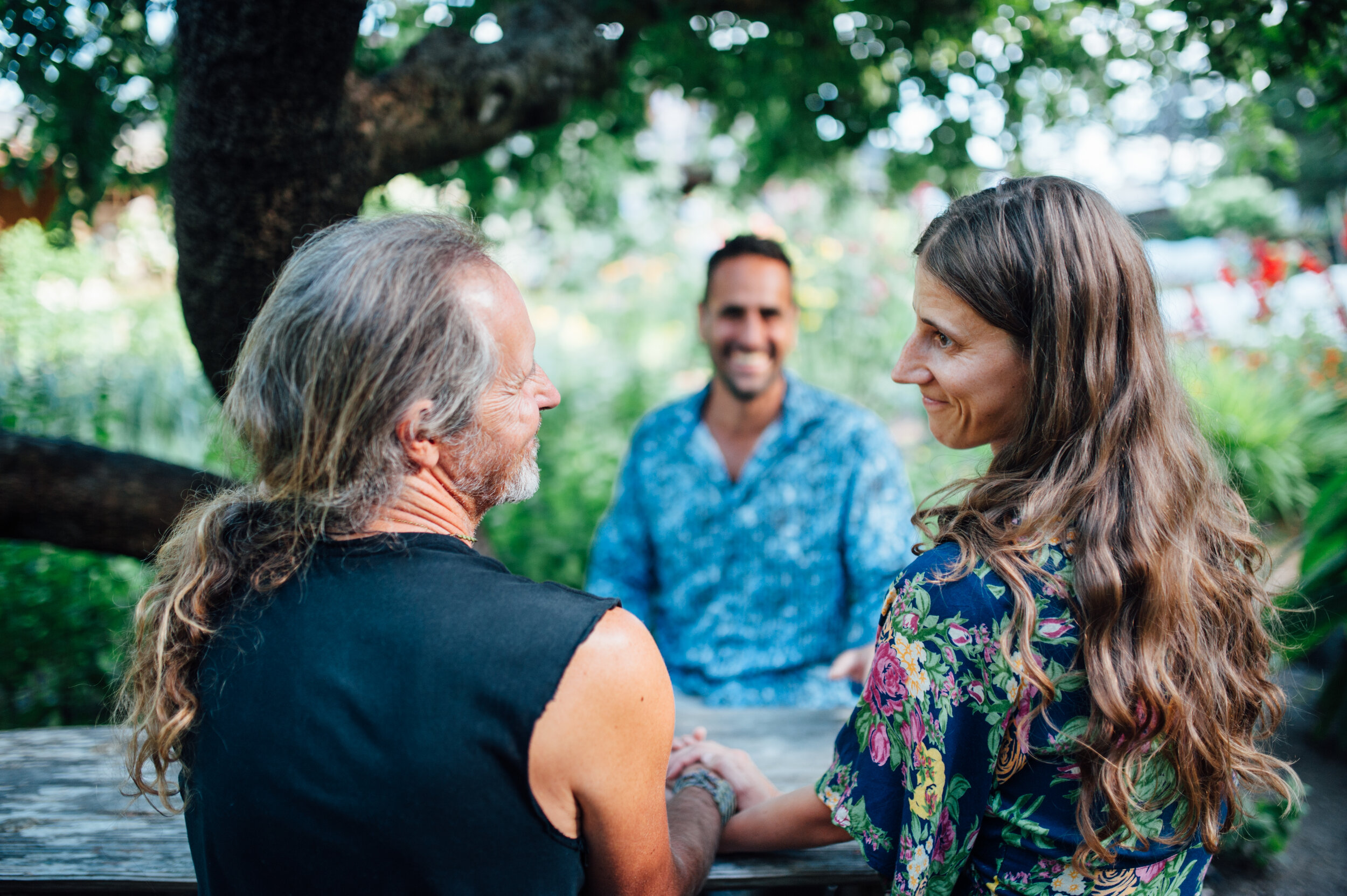
My Unique Therapeutic Approach.
Therapeutic Style
My approach to counselling has evolved over time. I integrate therapeutic modalities that I have studied, the clinical experience I have accrued over twenty years of practicing, and the needs presented by each individual client to tailor the course of therapy specifically for you.
Clients often wonder what they are getting into when they begin therapy, so in this article I give an outline of the different structures I use to tailor the therapeutic process to different levels of need.
The Problem Solving Approach
There are times in life when our circumstances create feelings of confusion or being stuck. We go through the same cycle over and over without being able to find a way out. Maybe we have friends or family we can talk to, but it is difficult to get an objective opinion. Sometimes the advice we get is well intentioned, but it really doesn’t hale us find our own voice.
My supportive/problem solving approach is meant to act as a mirror of clarity for you. It helps you see yourself and your problems in a new light. You can explore different possible solutions without judgment or bias. We work together as a team, combining my understanding of the general human experience and psychology with your understanding and knowledge of your self and your life circumstances, to develop short-term solutions to problems you face. The problem solving approach usually takes from one to six sessions to complete.
Cognitive Behavioural Therapy (CBT)
Cognitive behaioural therapy is the approach favored by the medical establishment because it is well researched and has been empirically shown to be effective. Doctors will often recommend CBT as a treatment for depression or anxiety. While it not something that appeals to everyone, this medium-term therapy can be effective in helping to improve depression, anxiety, panic, anger, posttraumatic stress, and obsessive-compulsive behaviour.
Some people want to get help for their issues, but they are reluctant to see a counsellor because they don’t want to delve into the past and dig up old memories and experiences. If that is the case for you, CBT may be the approach of choice because it focuses on learning new ways of working with present-day thoughts and behaviours.
To simplify, the theory behind CBT is that our emotional reaction to a situation is impacted by how we think about that situation. CBT is a way of teaching you how to change your thoughts, which then changes your feelings and your reaction to a situation. There are different techniques and strategies used in CBT, but the ultimate goal is to change your negative thoughts and to integrate new patterns and habits in your life that will reduce stress, anxiety and guilt. Treatment with CBT usually takes from six to sixteen sessions.
Deep Transformation
If you are interested in a deeper, longer-term psychological process with the goals of improving your mood, deepening your knowledge of yourself, magnifying your experience of life, and developing your sense of meaning, then this is the transformational work we can do together.
Drawing on the depth psychology, experiential, and transpersonal traditions, deep transformation may include dream interpretation, self-psychology, personal reflection, insight building, and the exploration of your developmental experiences. These, in addition to problem solving, and perhaps CBT, provide the structures that help you progressively journey through deeper levels of your self, healing wounds for the past, uncovering your true self, and discovering new personal strengths on which to build your future.
With deep transformational work, we look at the current crisis you are experiencing as an opportunity. Beyond relieving the pain you are in, the goal is to enter into a process of personal growth that ill help you become the most effective human and spiritual being you can be. Engaging in a transformational therapeutic process takes a minimum of six sessions, but can include ongoing weekly, bi-weekly, or monthly sessions.
You may have seen a counsellor or psychologist in the past who used one or more of the approaches described above. Or, this may be the first time you are looking for a counsellor. Ultimately, my goal is to help you get what you need in order to feel better about your self and your life. I like to treat my clients as consumers who have a choice, not just of the counsellor they use, but of the kind of therapy they get. If you don’t know which approach you prefer, we can talk about your needs and I can recommend the best place to start. If you would like more information on any of the approaches I use, please email me and we can set up some time to discuss your course of therapy over the phone.



